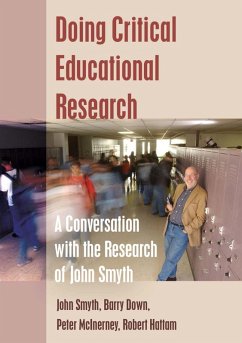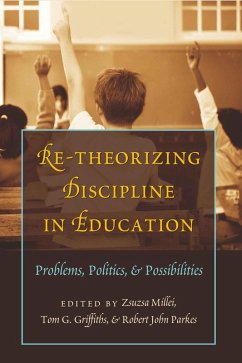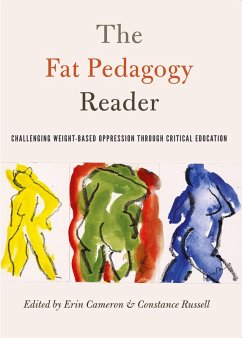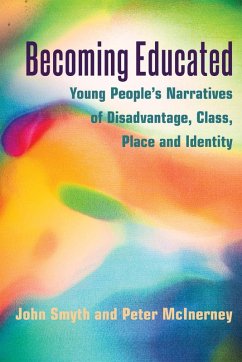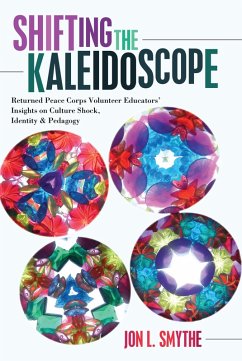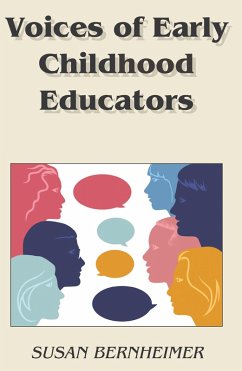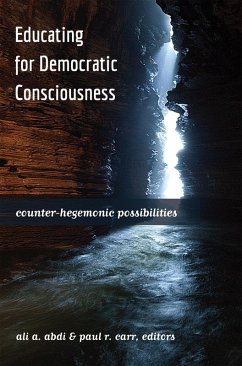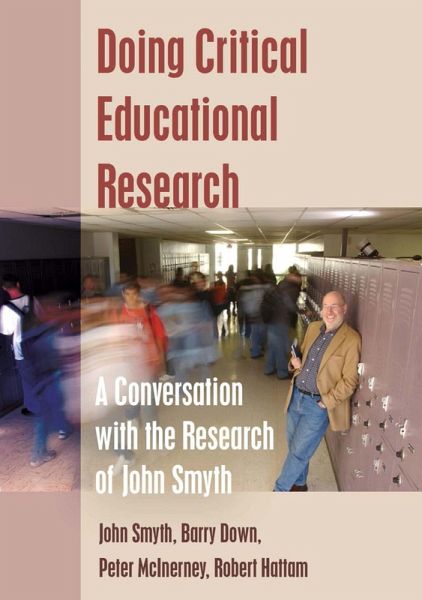
Doing Critical Educational Research (eBook, PDF)
A Conversation with the Research of John Smyth
Versandkostenfrei!
Sofort per Download lieferbar
Statt: 155,70 €**
34,95 €
inkl. MwSt.
**Preis der gedruckten Ausgabe (Gebundenes Buch)
Alle Infos zum eBook verschenkenWeitere Ausgaben:

PAYBACK Punkte
17 °P sammeln!
John Smyth's remarkable body of writing, research and scholarship has spanned four decades, and the urgency of our times makes it imperative to look in some depth at the breadth of his research and its trajectory, in order to see how we can connect, extend, build and enrich our understandings from it. Possibly the single most unique aspect to Smyth's version of critical research is his passion for living and 'doing' what it means to be a critical pedagogue. For him, 'doing' is a verb that gives expression to what he believes it means to be a critical scholar. This necessitates actively listeni...
John Smyth's remarkable body of writing, research and scholarship has spanned four decades, and the urgency of our times makes it imperative to look in some depth at the breadth of his research and its trajectory, in order to see how we can connect, extend, build and enrich our understandings from it. Possibly the single most unique aspect to Smyth's version of critical research is his passion for living and 'doing' what it means to be a critical pedagogue. For him, 'doing' is a verb that gives expression to what he believes it means to be a critical scholar. This necessitates actively listening to lives; taking on an advocacy position with informant groups; displaying a commitment to praxis; and being activist in celebrating 'local responses' to global issues. Smyth's research is pursued with vigour through the lives he researches, as he interrupts and punctures 'bad' theory, supplanting it with more democratic alternatives, which, by his own admission, makes his research (and all research), political.
Dieser Download kann aus rechtlichen Gründen nur mit Rechnungsadresse in A, D ausgeliefert werden.




